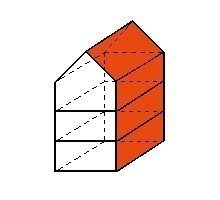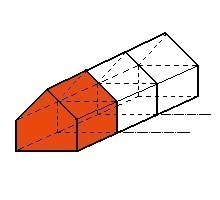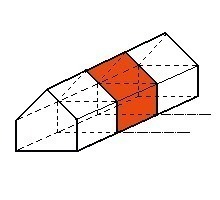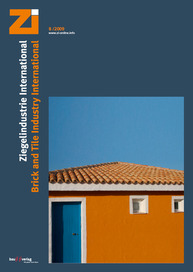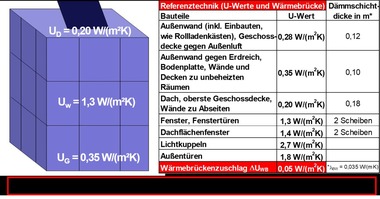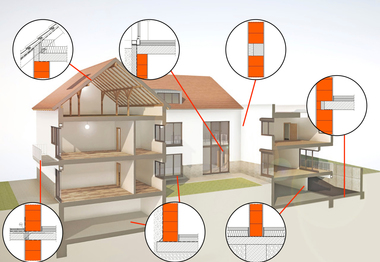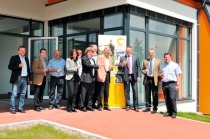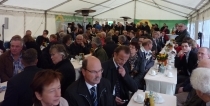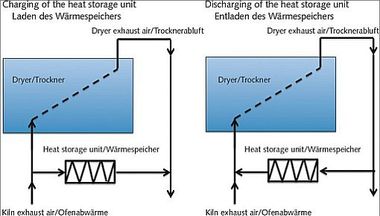The Energy Saving Ordinance 2009 as a new challenge for the manufacturers of masonry bricks
On 30 April 2009 the Federal German government promulgated the amendment ordinance for the EnEV (Energy Saving Ordinance) in the Federal law gazette [1]. Thus the fundamentally revised Ordinance comes into force on 1 October 2009. The reduction of the permissible primary energy requirement for heated and, if necessary, cooled buildings of around 30% in comparison to the current Ordinance already revised in 2007 leads – while taking into account the regenerative fraction of heat energy to be used obligatorily now – to a numerically somewhat weaker stiffening of the heat protection of the building shell.
1 Introduction
The brick and tile industry has prepared itself well for this latest round of the CO2 reduction programme of the Federal German government and can satisfy the market demand both with conventional perforated bricks and with vertically perforated bricks filled with insulating material. Furthermore, these new high thermal insulating products form the basis for sustainable building, for here in particular the low primary energy requirement over the utilization period of a building has a positive influence on the evaluation criteria for sustainability.
Within the scope of the Meseberg...

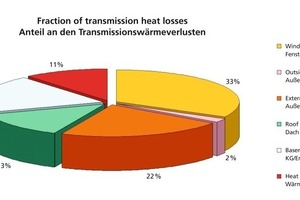
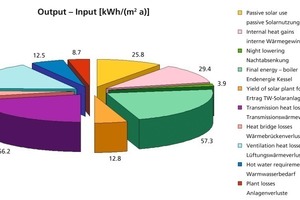
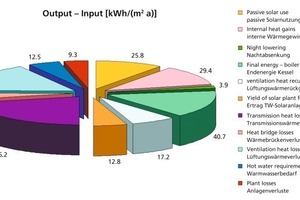
![››Tabelle 1 Referenzausführung und -anlagentechnik eines Wohngebäudes zur Ermittlung des zulässigen Primärenergiebedarfs gemäß [1]](https://www.zi-online.info/imgs/tok_425b93879e9fa31ff998cfc45a358bdf/w220_h200_x110_y100_101467245_c6ce01da6d.jpg)
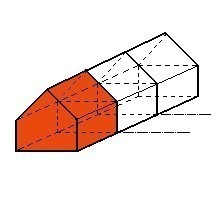
![››Table 1 Reference construction and plant engineering of a residential building to determine the permissible primary energy requirement according to [1]](https://www.zi-online.info/imgs/tok_3e4bacfa3e19dc4ed502cdca6c23b31d/w220_h200_x110_y100_101467226_7cc95062a7.jpg)
